Transition Talks: Virtual Career Exploration

Career exploration counseling is an integral part of the Maryland Department of Education’s Division of Rehabilitation Services (DORS) Pre-Employment Transition Services (Pre-ETS). These services do not need to be put on hold when students are learning in a virtual environment. Schools and their partners can continue Pre-ETS by utilizing virtual career exploration activities.
Local School Systems (LSSs) and their partners at DORS should work together to build the best possible combination of services for each student. Beginning in 9th grade, students can be given opportunities to explore the concept of employment and career options by:
- Engaging in phone and email exchanges with host employers around specific jobs or more generally about the industry;
- Participating in selected webinars conducted by host sites;
- Watching video clips and/or listening to podcasts about industries related to employment interests and/or
- Developing a home-based project related to their career interest to share with others
Families are important partners in career development; therefore, methods to enhance student and family engagement should be addressed. Virtual Career Exploration, when creatively crafted, can enhance students’ knowledge, skills and ability to achieve their postsecondary goals.
Spotlight
Harford County Public Schools and their local DORS counselors
Harford County Public Schools secondary transition staff is working with their DORS partners to ensure that students participate in meaningful virtual career exploration activities at all grade levels.
In 9th grade, students gain exposure to the idea of working and begin investigating their abilities, interests, strengths and support needs in a broad manner. In 10th grade students continue to explore employment in general and begin to participate in activities that allow them to narrow their focus to a few types of employment based on their interests. During 11th and 12th grades, students begin to focus on specific career paths and think about obtaining employment. Workplace readiness and self-advocacy skills are infused throughout.
Even in a virtual environment, transition aged students in Harford County participate in meaningful career exploration activities.
Questions to Consider
- What supports do the student and family need to participate in virtual career exploration?
- How will the students’ progress in virtual career exploration be monitored?
- What methods will be used to provide virtual career exploration for students without remote access?



